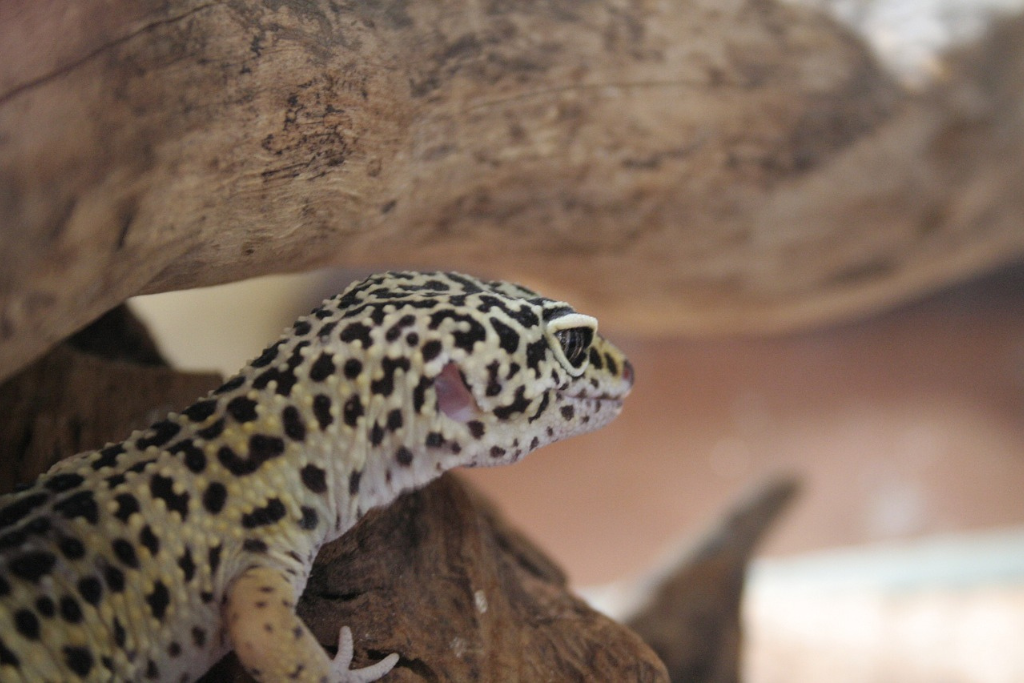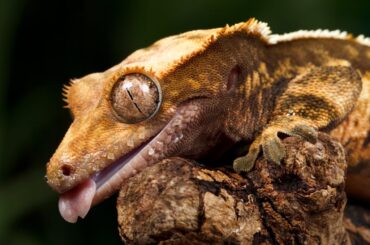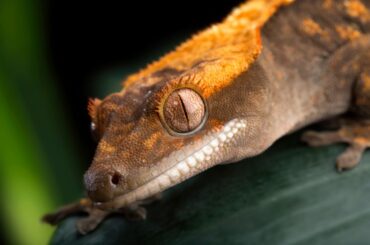Have you ever wondered why leopard geckos need calcium? Well, calcium is essential for their health and well-being. Just like we need certain nutrients to stay healthy, leopard geckos require calcium for strong bones, teeth, and muscles. It helps them grow properly and remain active.
Without enough calcium in their diet, leopard geckos can develop metabolic bone disease (MBD), which weakens their bones and makes them prone to fractures.
Calcium also plays a crucial role in shedding, helping geckos form new, healthy skin. Without enough calcium, shedding can become difficult and lead to skin problems. Ensuring leopard geckos get enough calcium is vital for their health and happiness.
Let’s explore this topic further to learn how to care for our leopard geckos’ calcium needs.
Why Do Leopard Geckos Need Calcium?
Leopard geckos come from the desert, where the ground is dry and the sun is hot. In their natural habitat, they eat insects, like crickets and mealworms. Calcium is a special mineral that leopard geckos need to stay healthy.
Calcium is involved in many important processes in their bodies, like their heartbeat and digestion. Without enough calcium, leopard geckos can get sick and have weak bones, making walking or climbing hard.
What’s interesting about leopard geckos is their unique way of using calcium. Unlike other reptiles, they can’t store a lot of calcium in their bodies. They need to eat insects that are rich in calcium to get enough of it.
If they don’t get enough calcium, they can develop problems, like brittle bones and difficulty shedding their old skin. That’s why we must ensure our leopard geckos have a diet that includes enough calcium-rich insects.
Calcium Deficiency in Leopard Geckos
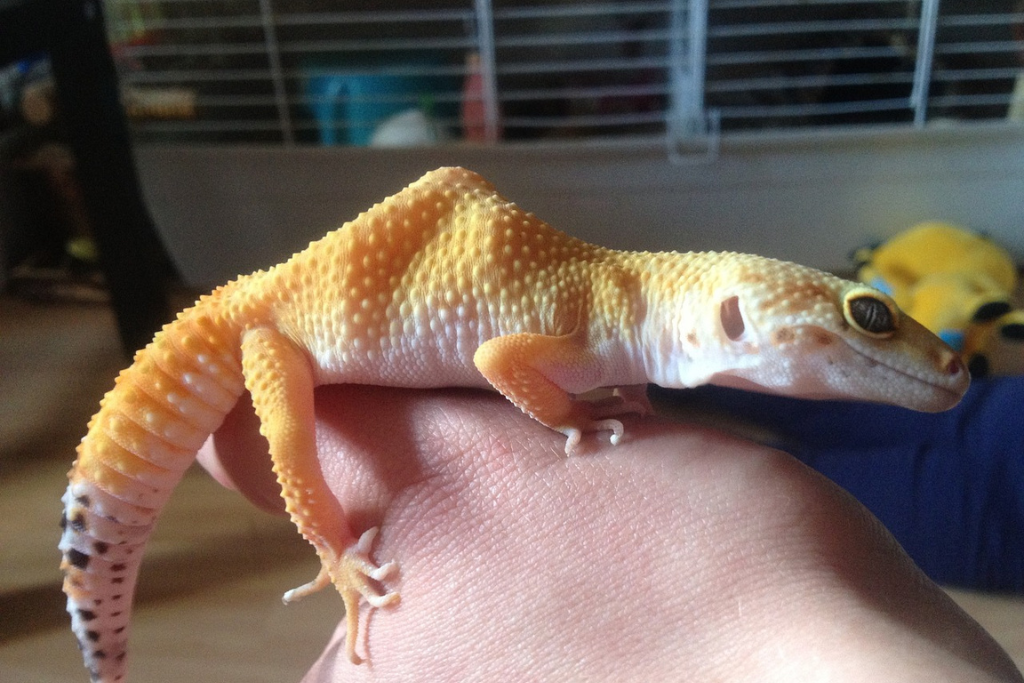
Calcium deficiency can be a problem for leopard geckos. When leopard geckos don’t get enough calcium, it can cause signs and symptoms showing they lack this important mineral.
Here are some symptoms and signs of calcium deficiency in leopard geckos:
- Soft or rubbery bones: If your leopard gecko’s bones feel soft or bendy, it could indicate calcium deficiency.
- Difficulty shedding: Leopard geckos need calcium for healthy skin shedding. It may indicate a calcium deficiency if they have trouble shedding their old skin or the shed skin gets stuck.
- Weakness or inability to walk properly: Calcium is important for strong muscles and bones. If your leopard gecko seems weak, has trouble walking, or appears shaky, it could be a sign of calcium deficiency.
- Tremors or muscle twitches: Calcium helps muscles function properly. If your gecko has uncontrollable muscle cramps or tremors, it may result from calcium deficiency.
- Decreased appetite: Leopard geckos may lose their appetite or eat less when they lack calcium.
- Seizures or spasms: In severe cases of calcium deficiency, leopard geckos may experience seizures or muscle spasms.
3 Best Calcium For Leopard Geckos
When choosing the best calcium for your leopard gecko, it’s important to pick the right one that meets their needs. Here are some of the best options for leopard gecko calcium:
- Rep-Cal Calcium with Vitamin D3: This is a popular calcium supplement designed for reptiles. It contains the right balance of calcium and vitamin D3, which helps leopard geckos absorb calcium effectively.
- Zoo Med Repti Calcium: Another great option is the Zoo Med Repti Calcium. It provides essential calcium for leopard geckos and supports their bone health. This supplement also doesn’t contain any harmful additives or fillers.
- Herptivite Multivitamin: A multivitamin pill like Herptivite can help leopard geckos, even though it doesn’t just contain calcium. It has a variety of vitamins and minerals, including calcium, that are important for their health.
Best Practices for Calcium Supplementation
To make sure your leopard gecko gets enough calcium, here are some important things to do:
- Use a Reptile-Specific Calcium Supplement: Look for one made for leopard geckos or reptiles to provide the right balance of calcium.
- Dust Their Food with Calcium Powder: Lightly sprinkle insects with calcium powder before feeding insects to your gecko. This helps them get the calcium they need.
- Offer a Calcium Dish in Their Enclosure: Place a small plate of calcium powder in their enclosure so they can eat it when needed. Just keep it dry and clean.
- Follow the Recommended Dosage: Read the instructions on the calcium supplement carefully and give your gecko the right amount. Too much or too little calcium can be harmful.
- Consult a Reptile Veterinarian: If you have any questions or concerns about calcium for your gecko, it’s best to talk to a reptile veterinarian who can give you expert advice.
Preventing and Treating Calcium Deficiency
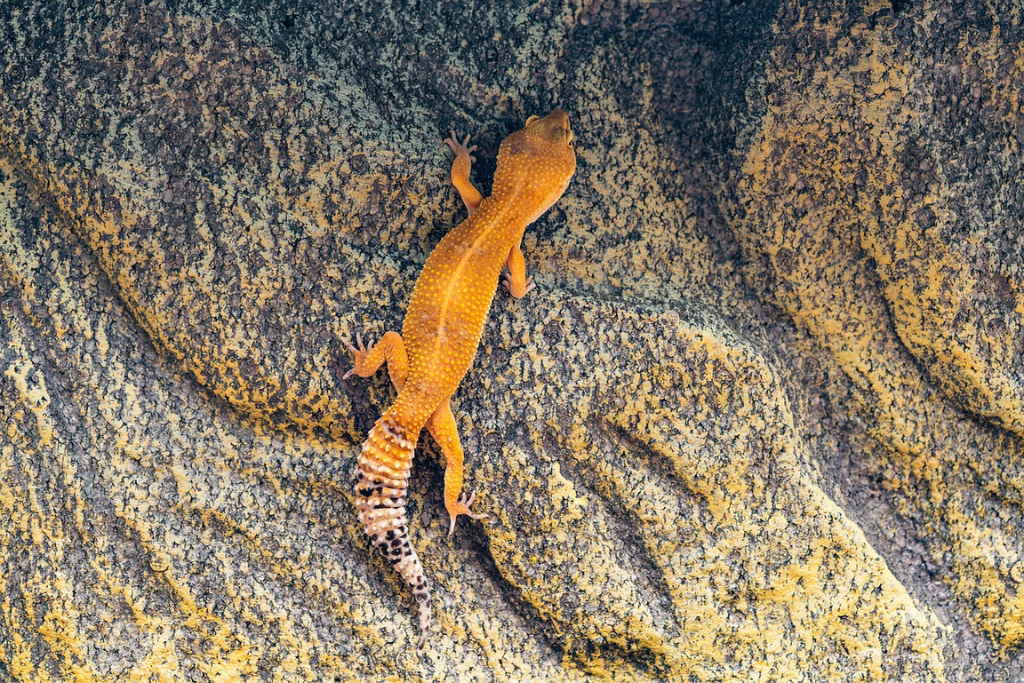
Preventing and treating calcium deficiency in leopard geckos is vital for their well-being. Here’s what you need to know:
- Balanced Diet: Provide a varied diet that includes calcium-rich insects. Dust their food with calcium powder before feeding them. This helps ensure they receive enough calcium.
- Calcium Dish: Place a small dish of calcium in their enclosure. Leopard geckos may lick the calcium when needed, promoting calcium intake.
- UVB Light Source: Consider using a UVB light source in their habitat. This can assist in the absorption of calcium and promote overall health.
- Veterinary Check-Ups: Regularly visit a reptile veterinarian to monitor calcium levels and overall health. They may conduct blood tests and provide guidance on diet and calcium supplementation adjustments.
- Detection of Calcium Deficiency: If calcium deficiency is detected, seek veterinary intervention promptly. The veterinarian may prescribe calcium supplements or injections to correct the deficiency.
- Diet and Monitoring: Follow the veterinarian’s advice regarding diet adjustments and proper monitoring. This ensures the gecko’s calcium levels return to normal.
By implementing these measures, you can promote the health and well-being of your leopard gecko and prevent or address calcium deficiency effectively.
Conclusion
Providing leopard geckos with sufficient calcium is crucial for their overall well-being. Calcium promotes strong bones, healthy muscles, and proper bodily functions. Inadequate calcium intake can lead to issues such as weak bones, difficulty shedding skin, and muscle problems.
By prioritizing their calcium requirements, we can ensure the health and happiness of leopard geckos, allowing them to thrive and enjoy their lives to the fullest.
FAQs
How Often Should I Feed My Leopard Gecko Calcium?
You should provide calcium to your leopard gecko every time they have a meal.
What are the Best Calcium Sources for Leopard Geckos?
The best calcium sources for leopard geckos are calcium-rich insects. Crickets, mealworms, and Dubia roaches are great options you can easily find in pet stores.
How Can I Tell if My Leopard Gecko is Getting Enough Calcium?
Their calcium intake is sufficient if they have strong bones, are active, and shed their skin easily.
Can I Give My Leopard Gecko Too Much Calcium?
Yes, it is possible to give your leopard gecko too much calcium. While calcium is essential for their health, an excessive amount can lead to hypercalcemia.
Can I Use Human Calcium Supplements for My Leopard Gecko?
No, using human calcium supplements for your leopard gecko is not recommended.

